30th mars 2023
As digital learning becomes more predominant in the modern world, some programs achieve the best results when delivered in combination with face-to-face sessions.
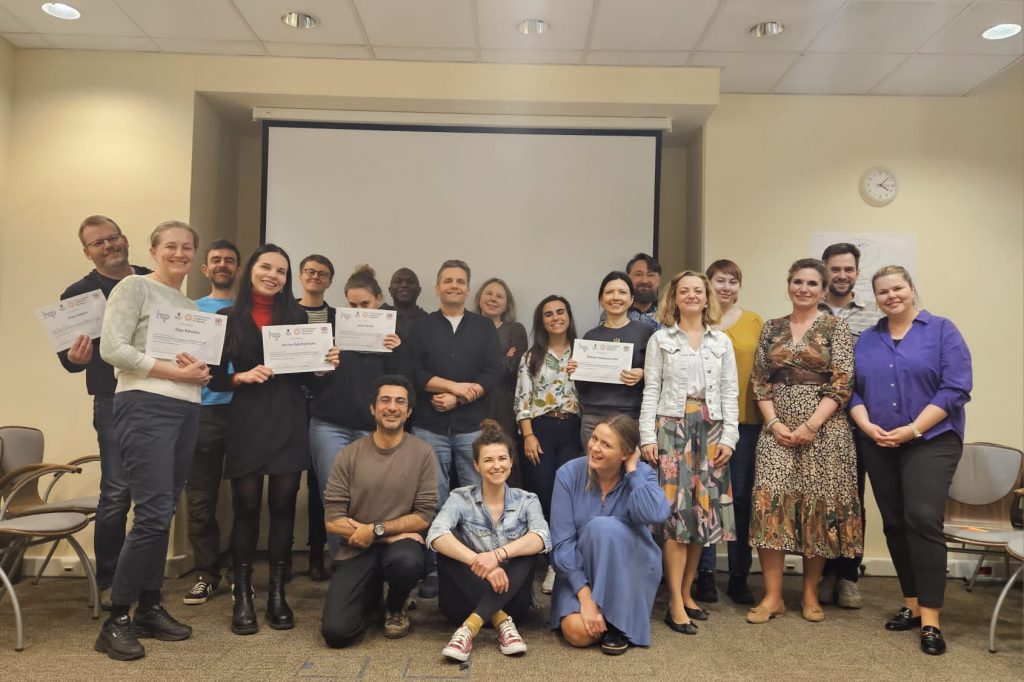
Save the Children and the Humanitarian Leadership Academy conducted the Humanitarian Operations Programme (HOP) Core Training in Warsaw, Poland this March. 31 participants from Poland and Ukraine took part in three distinct parts of the multilevel program aimed at raising an understanding of the fundamental principles of humanitarian action and strengthening the capacity and capability of regional and national humanitarian response actors.
The first five-day session of the HOP Core training was aimed at humanitarians with little to no experience in the sector. Some of the participants have been working in related fields and recently got involved in humanitarian response work but have not yet received formal training. Thus, the HOP workshops focus on softer skills and cross-cutting themes crucial to effective and quality humanitarian response.
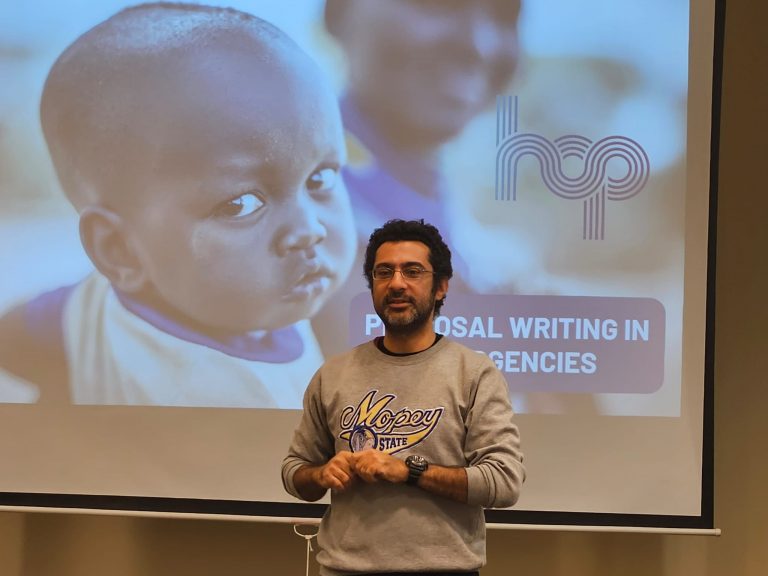
HOP training helps newcomers who are interested in being a part or playing a role in humanitarian response to learn more about humanitarian programming, safeguarding, wellbeing, and many other topics. HOP can help them to learn about the basics of humanitarian activities and programming, so they can really make a difference in the humanitarian crisis.”
16 participants joined the first session to learn from the expertise and experience of humanitarian practitioners, covering the essential aspects of emergency response required for humanitarian personnel. Such topics as wellbeing in emergencies, rapid needs assessments, proposal writing, conflict sensitivity programming, safeguarding in emergencies, and gender equality were covered in interactive face-to-face workshops and desk-based scenario parts of the training. A three-day desk-based scenario provides an experience of what working in an early response in an aid organisation could be like.
Leaving the comfort zone of what we already know well was the biggest challenge for me. I realised that all the topics that came up during HOP are something I am working with daily e.g., cultural differences, moral dilemmas, conflict-sensitive programming, safeguarding, and more. It is important for me to be able to name it and be aware of it. Now I know how to start to deal with it better than ever.”
Six participants continued their learning experience with HOP Train the Trainer (TtT) Programme and are now able to support localisation by providing learning for fellow humanitarians in the region in native languages. The aim of the further training is to introduce humanitarian sector technical areas and support functions and help develop the behaviors, knowledge, and skills required to operate effectively in a breaking emergency as part of a first phase response to local actors.
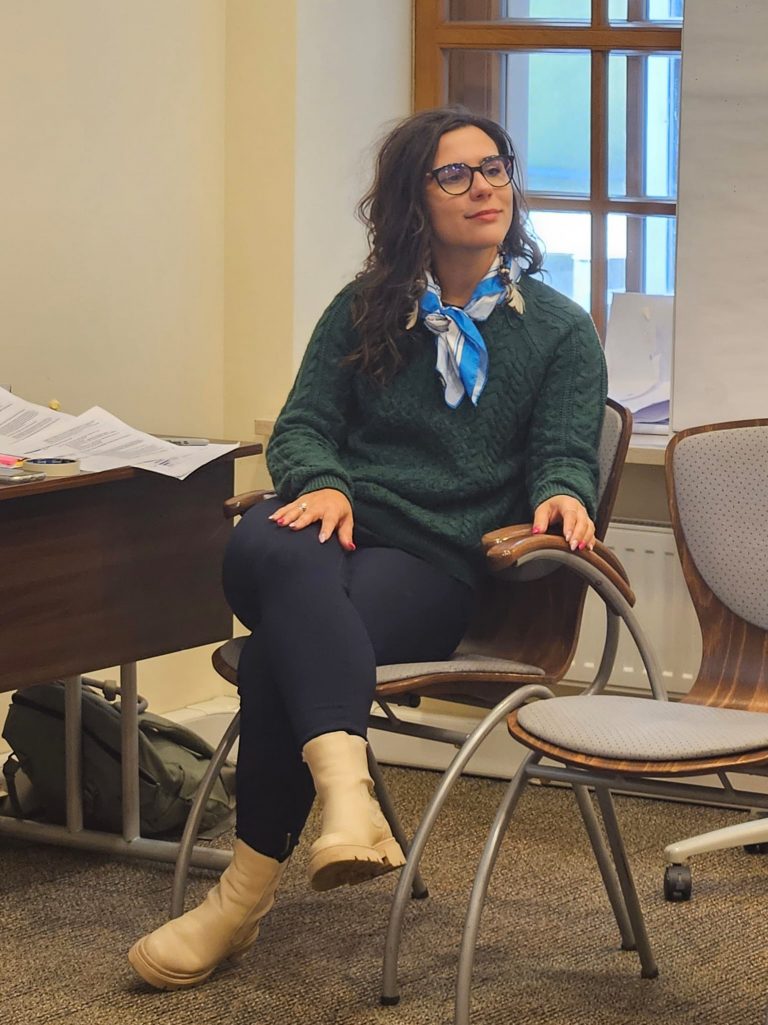
I have decided to go through TtT and become a trainer because I am motivated to share all that I’ve learned about humanitarian operations with others in the sector. For me, the most interesting part was learning how to teach others about practical topics, that might sometimes seem dry, in an engaging way. I feel very excited to go through this experience with the new group of learners as a trainer now!”
The second session of the HOP Core training was attended by 15 new learners from Poland and Ukraine. An important outcome of the HOP is participants’ understanding of the humanitarian eco-system (including technical sectors, operations, and support functions), as well as the ability to recognise the key responsibilities, activities, and roles of organisations operating within the humanitarian eco-system.
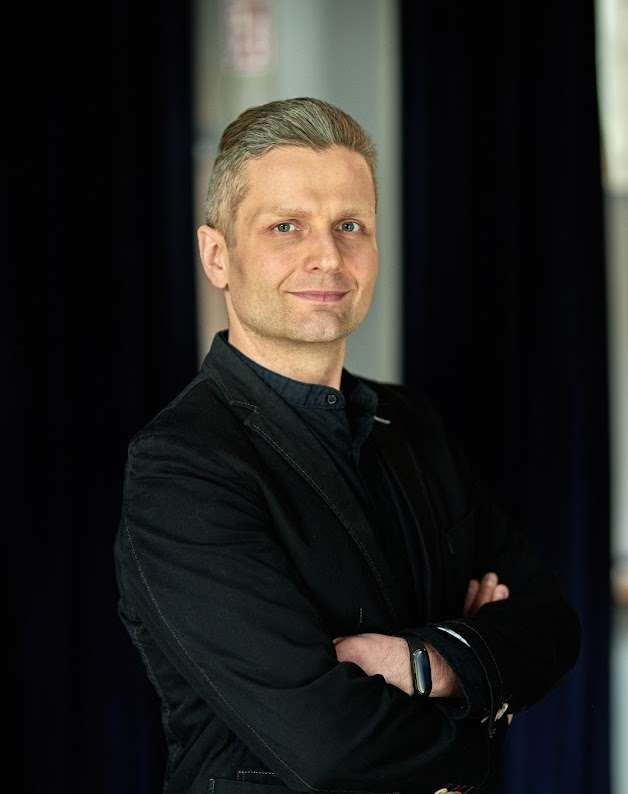
If I could share one thing learned during this training that would be to remember the RACI model: always know who is responsible, accountable, consulted, and informed. In this sector, it is vital to have a shared understanding of this model. »
While the program of the second session of the HOP training was the same as for the first one, the experience was different, as newly trained co-facilitators joined the HLA trainers.
This training shows the power of the ripple effect of learning and how quickly it creates impact. With the start of HOP Core 2, we not only continue providing learning to humanitarians but also see its result in action. Last week six participants continued their HOP Core training with TtT (Train the Trainers). This week they are already part of the team of facilitators here in Poland with the perspective to provide HOP training in Ukraine – in Ukrainian language. »
Designed to create a new generation of humanitarians by empowering local and national response actors, HOP is part of our Engine 2 approach and Ukraine response work, which catalyses progressive localisation and transformational change.
Related News
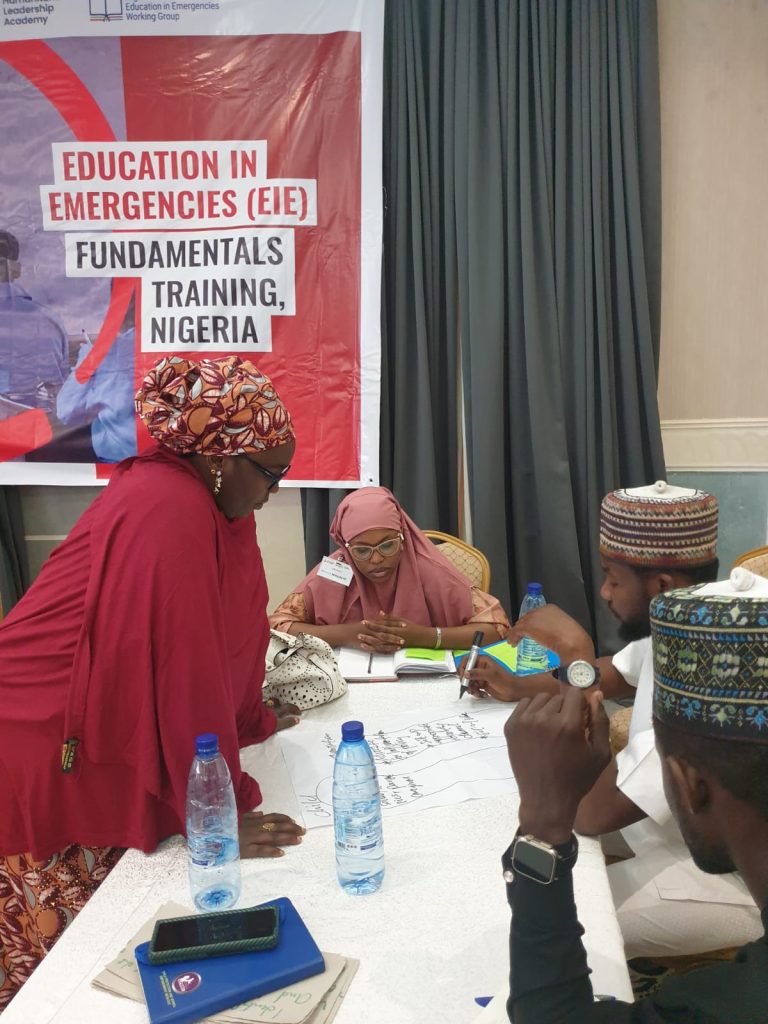
A first for the WCA team: delivering EiE Fundamentals training in Nigeria
3rd avril 2024
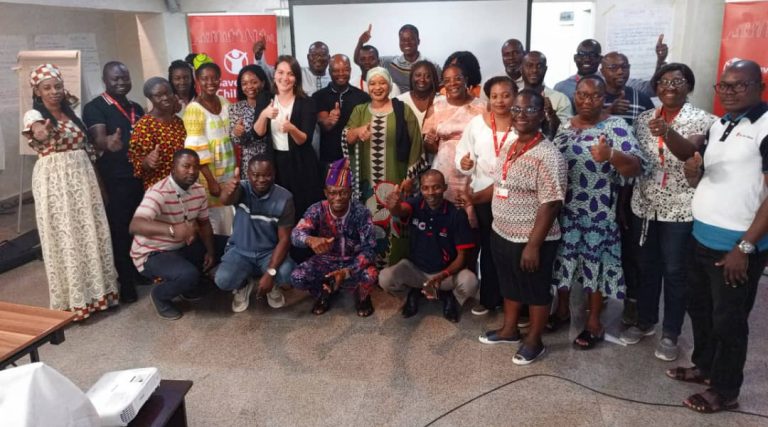
Education in emergencies & development aid: Working in partnership to deliver localised training
3rd avril 2024
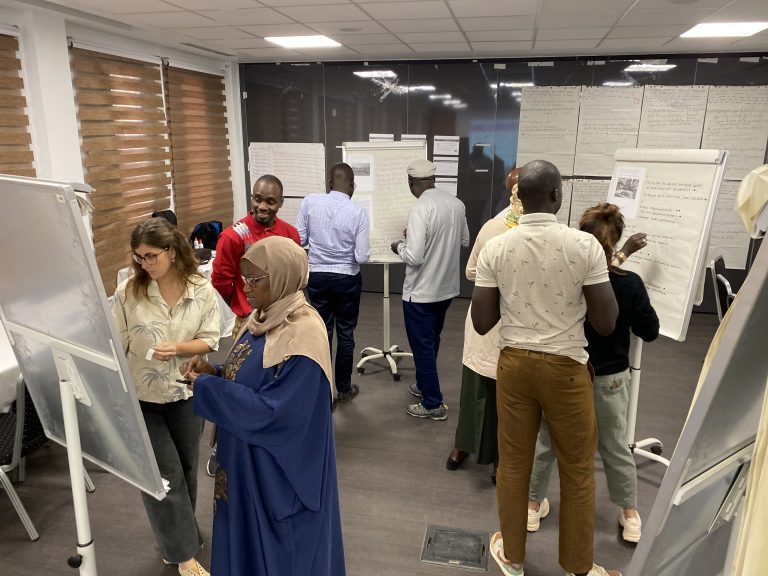
Strengthening capacity across West and Central Africa: Humanitarian Operations Programme Core in Dakar, Senegal
3rd avril 2024
